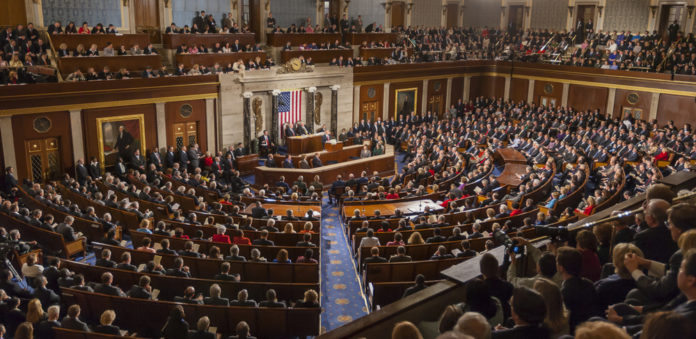Jeff Sessions seems to be going it alone in his pursuit to dismantle the legal marijuana industry.
It has been an eventful week for Jeff Sessions. Besides basically losing his memory while testifying before the Senate Intelligence Committee, earlier this week, we mentioned that U.S. Attorney Jeff Sessions wrote a letter to Congress requesting special permission to pursue legal marijuana businesses, even if they are in compliance with state law.
Fortunately, the Rohrabacher-Farr Amendment makes it illegal for Sessions to target legal marijuana businesses. While possible, it seems unlikely that Congress wants to grant Sessions his wish, especially when the Attorney General’s views are so far outside of the science community and the public.
Rohrabacher-Farr is a measure that has to be approved with every Congressional spending bill, making its future constantly part of the partisan volatility on Capitol Hill.
However, some members of Congress are seeking to permanently keep Sessions away from medical marijuana. The Carers Act (Compassionate Access, Research Expansion, and Respect States) is expected to be reintroduced today.
The bill has momentum in both the U.S. Senate and the U.S. House of Representatives. Senators Cory Booker (D-NJ), Rand Paul (R-KY), Kirsten Gillibrand (D-NY), Mike Lee (R-UT), Lisa Murkowski (R-AK), and Al Franken (D-MN) will introduce in the Senate, while a group of Congress members including Rep. Don Young (R-AK), will introduce the House version of the bill.
The bill was originally introduced in 2015 by Senator Booker. Initially, the bill called for marijuana to be rescheduled. It also would have set up the possibility of banking in the marijuana industry. The banks would have been protected from prosecution if they worked with marijuana businesses.
These two provisions will not be included in the current version of the Carers Act. This could make it more likely to be brought up for a vote and possibly enacted.












